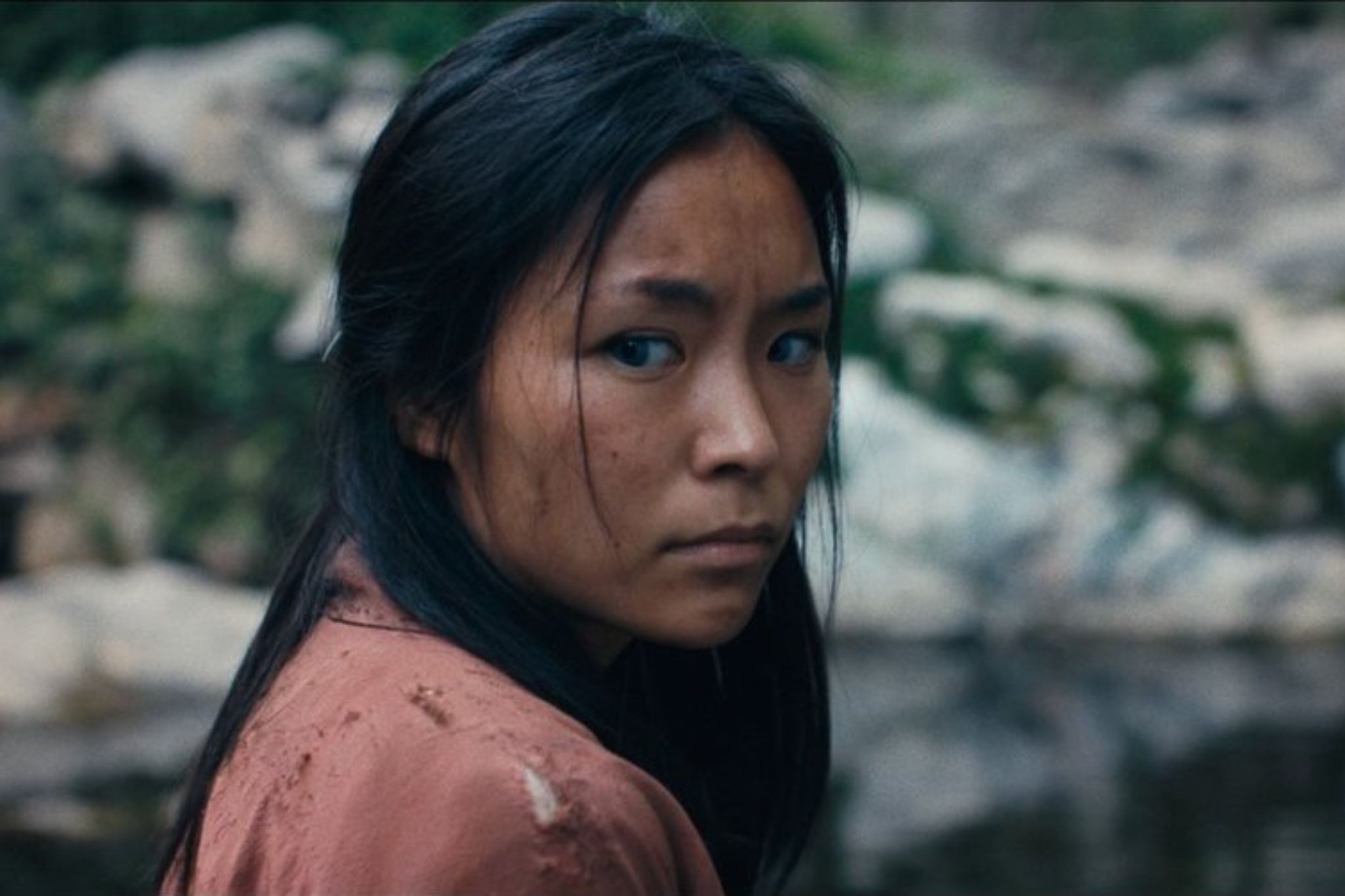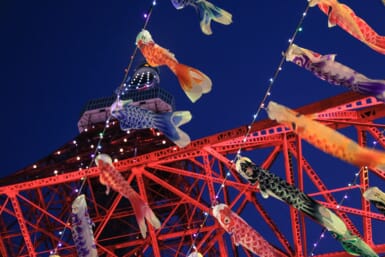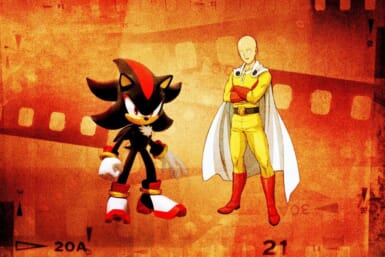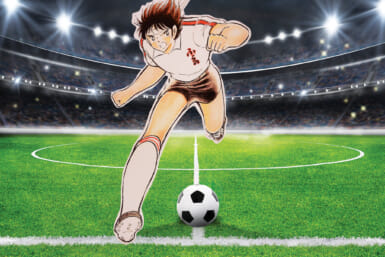Despite having a string of successful short films under her belt, including Kung Fu Date, Sukiyaki with Love and The Other Side, director and screenwriter Akiko Izumitani felt largely overlooked by Hollywood. She decided to change that with Yae: Blind Samurai Woman.
The short film tells the story of the titular female warrior (Yuwi Kim) living in the mountains with her father, Kiyomasa (Nobuaki Shimamoto), and her confrontation with the samurai Masanobu (Masa Kanome). Since being uploaded to YouTube in mid-January, the 19-minute short has been viewed nearly half a million times. We recently sat down with Izumitani to learn more about Yae’s origins and development as well as her future.
1. Yae is essentially your challenge against Hollywood ignoring you, isn’t it?
I was born and raised in Japan. After I came to the US to study filmmaking, I struggled a lot with the language barrier, the cultural differences, the religious differences and the immigration status. I overcame everything to be a director. However, while making films, I felt no one took me seriously because of my looks and accent. I almost got kicked off the red carpet of NBCUniversal Shortcuts because they thought I was an actress. Other candidates had to tell them I was competing with them.
Then, at the party after the Emerging Cinematographer Award, a cinematographer didn’t want to speak to me until I told him I had directed The Other Side. My co-producer told me four people had asked him to read the script, while nobody asked me (I was the main producer). It broke my heart.
The MeToo movement then happened. People became more interested in watching new content and diverse voices. So, my co-writer, James Mason and I wrote Yae: Blind Samurai Woman. I directed it.
2. Yae’s story has an interesting twist. How did you come up with it?
Back then, Hollywood was all about ‘writing your voice.’ And I kept watching television shows and movies that had samurai in them, but they were strange to Japanese eyes, so I thought maybe I should make a samurai film so no one would say I don’t have enough experience when someone tries to hire me for a samurai movie. I then realized that I had always made movies with male protagonists. I told James I wanted to write a story about a woman this time. ‘Why don’t we make her blind, so she doesn’t have to be perfect for sword choreography. And her movement can be a unique style.’ Then he said, ‘Why don’t we make her a healer?’
James was right because having a fantasy element could open so many doors. So, I told him that if we gave her healing powers, I’d like to add something like she would lose her eyesight in exchange for using her powers. The idea became the basis of the story. And that’s how we ended up spending one year writing it.
3. Is Yae an action movie, a feminist piece, or something else entirely?
Some people call me an action director, but I always tell them I make a drama that happens to have good action. I can see why people might think this is, say, a feminist piece, though. Yae is not a traditional woman. Yae is the role model I want to be, and she somehow portrays me. A man once told me I should make movies that a female director should make. When I asked him what kind of films a female director makes, his answer was ‘romantic comedies.’ You can guess I had to give him a lecture about it.
I needed Yae in this film to break everyone’s expectations and make everyone respect her. This character will let people realize that the girl who looks so weak and helpless is kind, independent, strong and has a high sense of morality. I also wanted to ask the audience a big question: Is your justice true justice? And I hope the audience thinks about it for a while after they watch my film, because that’s why I became a filmmaker.
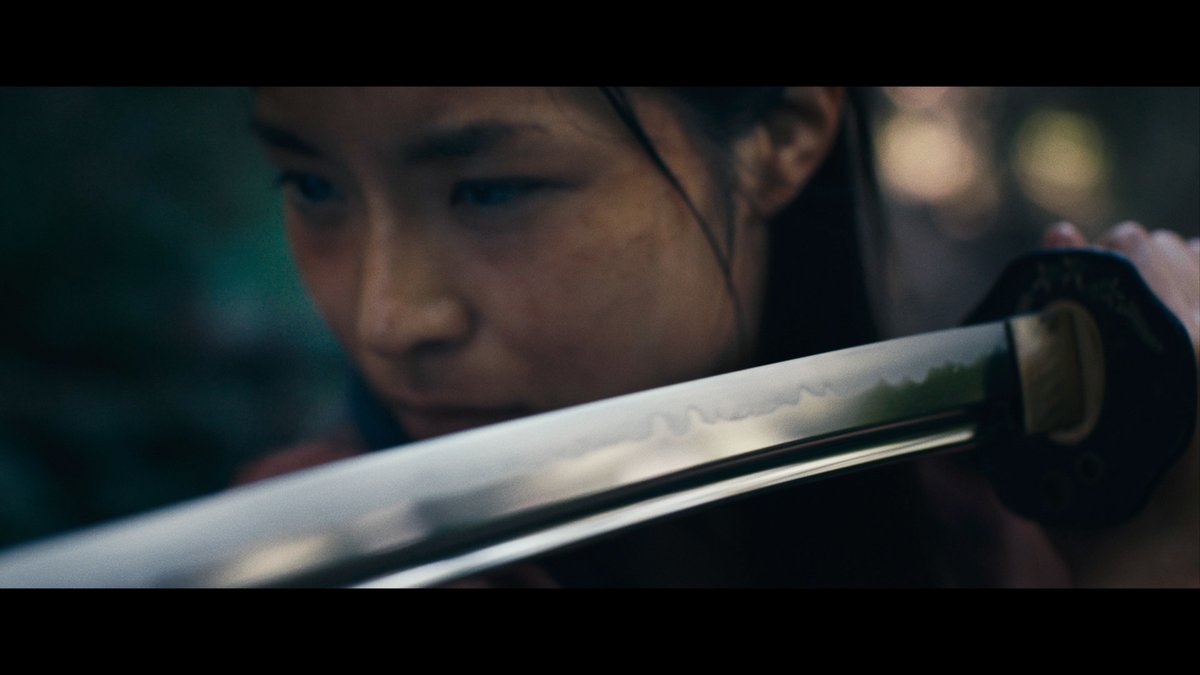
Still from Yae: Blind Samurai Woman by Akiko Izumitani
4. Did you take any inspiration from the massive library of Japanese films featuring blind warriors while making Yae?
I grew up watching many samurai television shows and movies. My hero was Toyama no Kin-san. My father loved Onihei Hankacho. The latter’s serious tone is close to the tone I chose. Also, 13 Assassins is one of my favorite samurai films, and of course, all of my films have Rashomon ideas.
I know no one will believe me, but I completely forgot about the famous Zatoichi character because I was overwhelmed with work I had to do, although James thought of that all along. Of course, everyone compares my film with Zatoichi and Blind Fury. So now I shrug my shoulders and smile like a shy Japanese woman whenever people bring it up. It’s probably a good thing I forgot about it, so it would not just be a female version of Zatoichi.
5. Did Yuwi Kim undergo any training to accurately portray a blind person?
Yuwi and I met once a week for acting rehearsal. We discussed how a blind person behaves and uses her other senses to feel the world. I asked her to walk, fall and look for a blind stick with her eyes closed, so she could feel what it was like not to see things. She also researched on her own. The funny story is that she could not see anything when she wore the white contact lenses in the last sequence. She was scared and told me she could not do the choreography with those contact lenses. I told her that all she had to do was stand up, step forward slowly, turn and swing her sword. And she did. So, in the last scene, she was effectively blind.
6. Yae’s fight style is quite unique. How did you come up with it?
I told stunt coordinator Tsuyoshi Abe I wanted the fight between Kiyomasa, Yae’s father, and Masanobu to be a traditional samurai fight, but the battle between Yae and Masanobu should be unique. Yae can’t see, and she grew up on the mountain, so her strange movement would throw him off, causing him to panic. Also, Masanobu was tired from a previous fight with her father. He was injured. He didn’t really want to kill her. She knew her surroundings. But the biggest reason she won was because Masanobu didn’t know how to fight against a person with this unique style. In my head, I was calling it ‘Monkey style.’ Picture an angry monkey fighting against a professional martial artist.
I loved it when Tsuyoshi showed me Yae striking behind her without facing her opponent. Imagine how difficult it was for Masanobu to fight when he couldn’t see her face and how her hands moved to predict the blade’s movement.
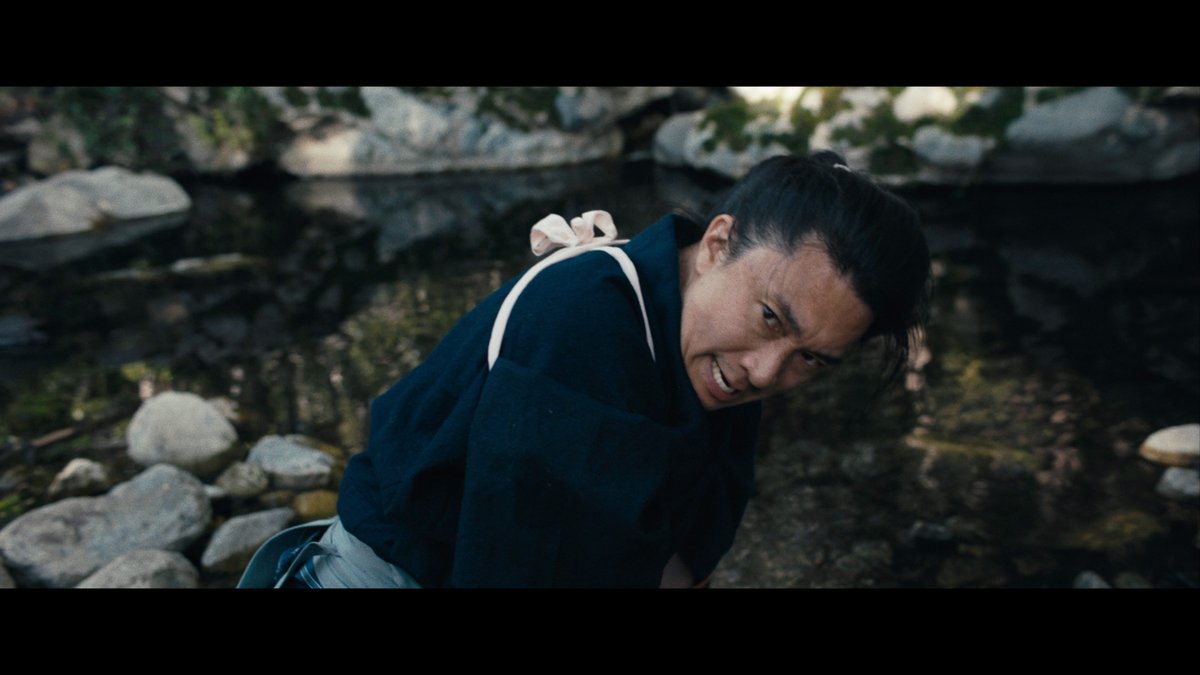
Still from Yae: Blind Samurai Woman by Akiko Izumitani
7. Do you think working with an international crew helped you make a better movie?
Maybe it helped that some crew members and all the cast knew Japanese culture, so they quickly realized what I was trying to do. For me, working with James, who’s a Caucasian male that grew up in the US, really helped me in many ways. James would tell me his fantasized version of the samurai. I then brutally chopped down his fantasy by saying the Japanese would not say it or the samurai would not behave like that. I felt so bad to see him looking disappointed. But his idea was interesting. It gave me an idea of what the Western audiences want. We could find the middle point to excite them while keeping the Japanese culture portrayed correctly.
8. How do you feel when people tell you that samurai should speak Japanese?
Many people said that to me, but they don’t say the same thing about 300, The Northman, Valkyrie, Gladiator and Les Misérables. Even aliens speak English in Hollywood films and no one complains. But somehow, everyone suddenly got an allergic reaction when it was samurai speaking English. I almost felt it was okay for others to tell their story in English, but I was not allowed to tell a story about my culture because I’m Japanese.
I wanted to set a new rule to tell Japanese stories in English like everyone else in Hollywood. I wanted to tell the world that I know Japanese culture. After-all, I was born and raised in Japan. And I know how to properly tell a story set in Japan to a larger audience, since I’m the film’s creator and specialize in localization. Also, I wanted Hollywood to know I could direct actors and work with crew members in English.
9. You caught an amazing break while location-scouting, right?
Finding the location in Los Angeles was incredibly difficult. I spent about six months trying to find the right spot. My location assistant friend took me to several spots with a stream, but you could see houses behind trees or electrical wires. I drove around LA, Santa Clarita and the San Gabriel Mountains every weekend. Everything looked like dry land. I started giving up on the idea of shooting a samurai film in LA.
Then my friend took me to a trail with a stream. I thought this would work. I saw a blind woman walking onto this trail with another man. How often do you meet a blind person hiking? I ran up and asked if I could ask them some questions. The hiker gave me many insights about being a blind person. The person helping her suggested that I check out Switzer Falls because we could park right next to the stream. So, I drove up to Switzer Falls, walked along the trail and decided to film there. We only received a permit to shoot 10 days before the principal photography. It was a miracle.
10. Will we see more of Yae in the future?
Yae is a fascinating character with so much potential. We wrote a series pilot and a series bible. We would love to make this into a live-action TV series. And I’m currently looking for a producer to hire me to direct a feature. I hope you guys share this film with friends and write to let Hollywood know I’m ready to be hired.

